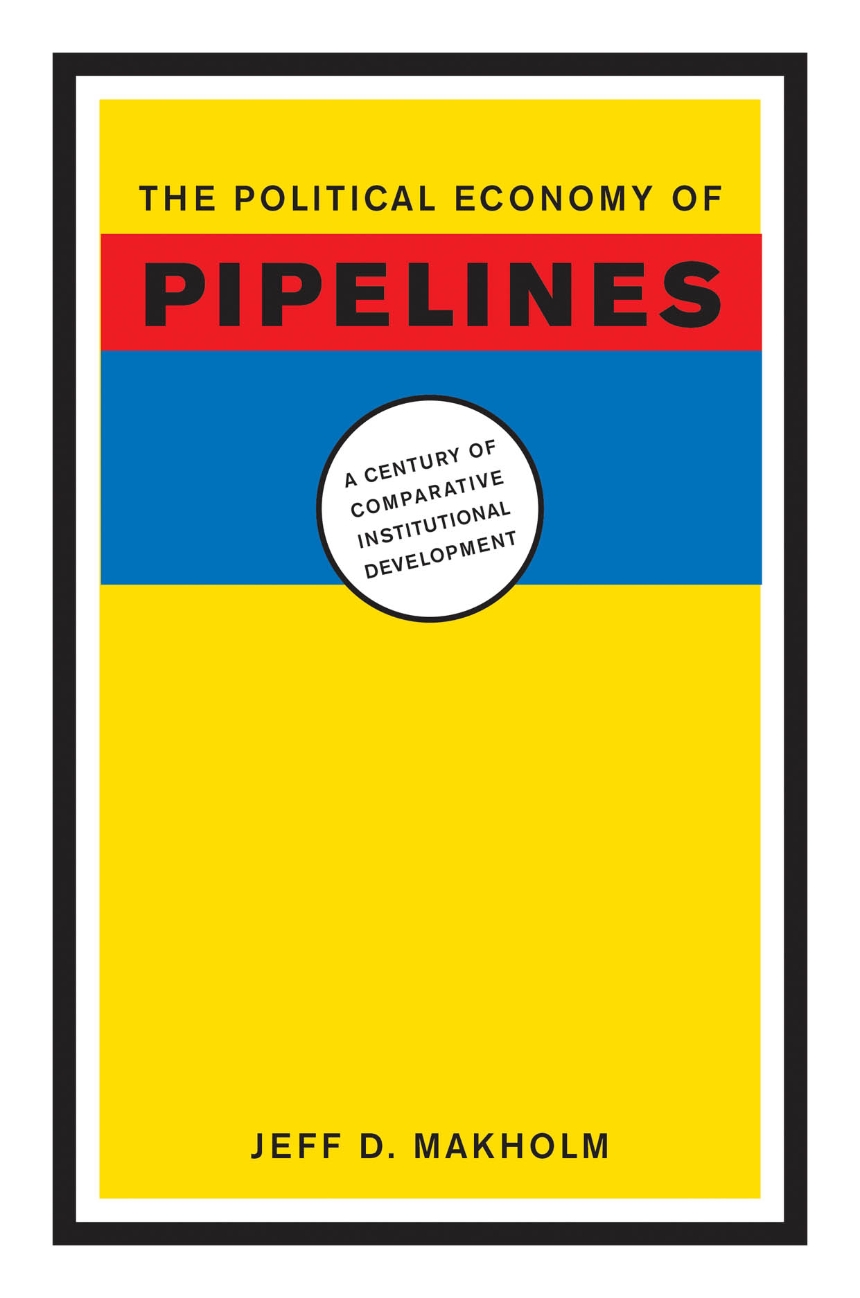The Political Economy of Pipelines
A Century of Comparative Institutional Development
9780226502106
9780226502120
The Political Economy of Pipelines
A Century of Comparative Institutional Development
With global demand for energy poised to increase by more than half in the next three decades, the supply of safe, reliable, and reasonably priced gas and oil will continue to be of fundamental importance to modern economies. Central to this supply are the pipelines that transport this energy. And while the fundamental economics of the major pipeline networks are the same, the differences in their ownership, commercial development, and operation can provide insight into the workings of market institutions in various nations.
Drawing on a century of the world’s experience with gas and oil pipelines, this book illustrates the importance of economics in explaining the evolution of pipeline politics in various countries. It demonstrates that institutional differences influence ownership and regulation, while rents and consumer pricing depend on the size and diversity of existing markets, the depth of regulatory institutions, and the historical structure of the pipeline businesses themselves. The history of pipelines is also rife with social conflict, and Makholm explains how and when institutions in a variety of countries have controlled pipeline behavior—either through economic regulation or government ownership—in the public interest.
288 pages | 3 halftones, 5 line drawings | 6 x 9 | © 2012
Economics and Business: Economics--History, Economics--International and Comparative
Reviews
Table of Contents
Preface
Chapter 1. The New Institutional Economics and Pipeline Transport
Chapter 2. Existing Pipeline Studies and Private Pipeline Capital
Chapter 3. The Economics of Production Cost: Pipelines as Natural Monopolies
Chapter 4. Regulating Pipelines as a Response to Monopoly
Chapter 5. The Essential Contributions of the New Institutional Economics
Chapter 6. Transacting with Common Carriage: The Oil Pipeline Regulations of 1906
Chapter 7. Transacting with Private Carriage: The Gas Pipeline Regulations of 1938
Chapter 8. The Competitive Potential for the World’s Pipeline Systems
Chapter 9. Making Sense of Pipelines: The Lenses of the New Institutional Economics
Chapter 2. Existing Pipeline Studies and Private Pipeline Capital
Chapter 3. The Economics of Production Cost: Pipelines as Natural Monopolies
Chapter 4. Regulating Pipelines as a Response to Monopoly
Chapter 5. The Essential Contributions of the New Institutional Economics
Chapter 6. Transacting with Common Carriage: The Oil Pipeline Regulations of 1906
Chapter 7. Transacting with Private Carriage: The Gas Pipeline Regulations of 1938
Chapter 8. The Competitive Potential for the World’s Pipeline Systems
Chapter 9. Making Sense of Pipelines: The Lenses of the New Institutional Economics
Notes
Bibliography
